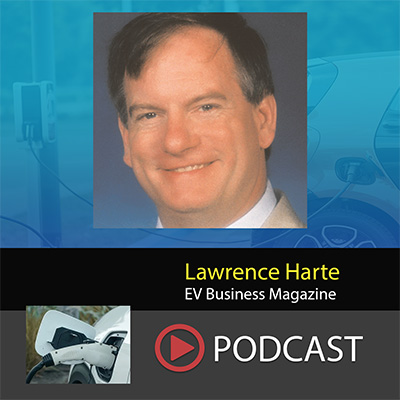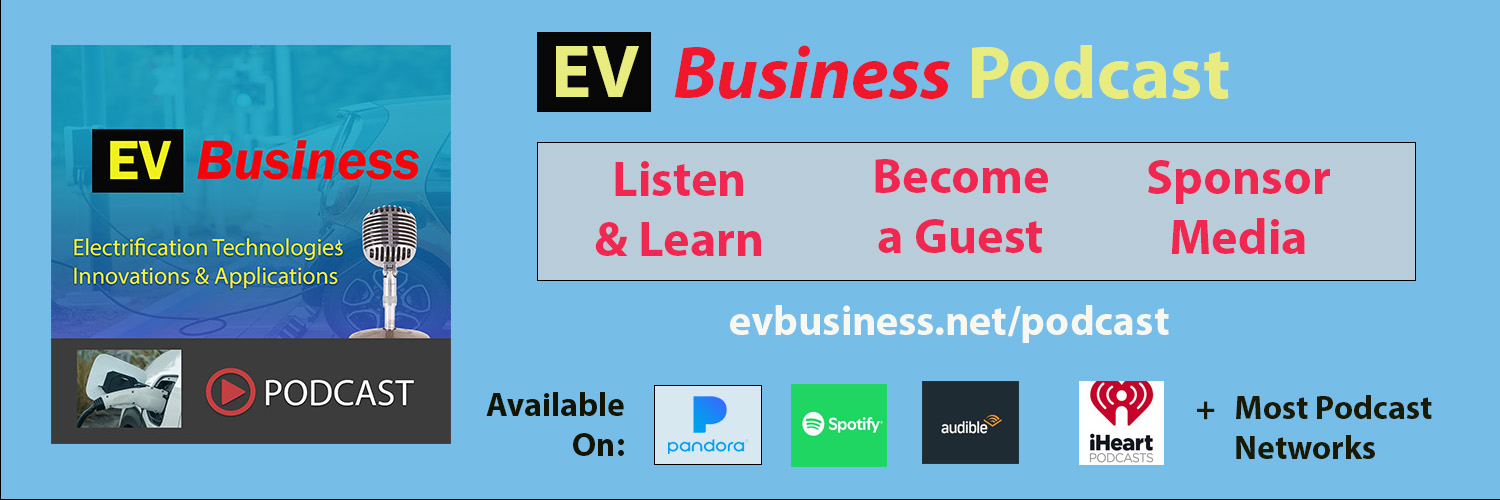Socket Based EV Chargers for Multi-Dwelling Units – MDUs: Benefits and Business Models
Owners and operators of multi-dwelling units face growing pressure to provide EV charging that is affordable, flexible, and easy to manage—but traditional corded chargers often fall short. A surprising benefit of plug-in chargers is that they are 30–40% smaller than wall-mounted cabled units, making installation simpler and more acceptable to landlords and property managers. This podcast will explore key challenges—such as high upfront costs, limited electrical capacity, and the incompatibility of corded chargers with multiple EV connector types—that make charger selection so difficult for apartment and condo communities. Join us to learn how Socket Based EV chargers can deliver universal compatibility, lower costs, and easier load management, helping multi-dwelling units meet resident demand while preparing for the future of mobility.
Topics Covered
- Socket-Based EV Charger Definition
- Cost Advantages of Installation
- Universal Charging Compatibility
- Space-Saving Charger Design
- Daisy Chaining Infrastructure Efficiency
- Load and Power Management
- Wireless Mesh Connectivity
- Driver Metering and Billing
- Ease of Charger Installation
- Low Maintenance Requirements
- Integration with Existing Systems
- Flexible User Access Options
- Scalable for MDUs and Hotels
- Industry Standards and Certifications
- Revenue Benefits for Property Owners

Lawrence Harte is the publisher and editor in chief of EV Business Magazine and host of EV Business Podcast. He has authored more than 141 books (Mostly communications, media and business. Between 2005 and 2024, he interviewed more than 4,137 executives and technologists in the communication industry. Mr. Harte has worked for Ericsson/General Electric, Audiovox/Toshiba and has been an expert consultant for Samsung, Google TV , Nokia, and dozens of other top media and technology companies. He holds many degrees and certificates including an Executive MBA from Wake Forest University (1995) and a BSET from the University of the State of New York (1990).
Website: EV Business Magazine

